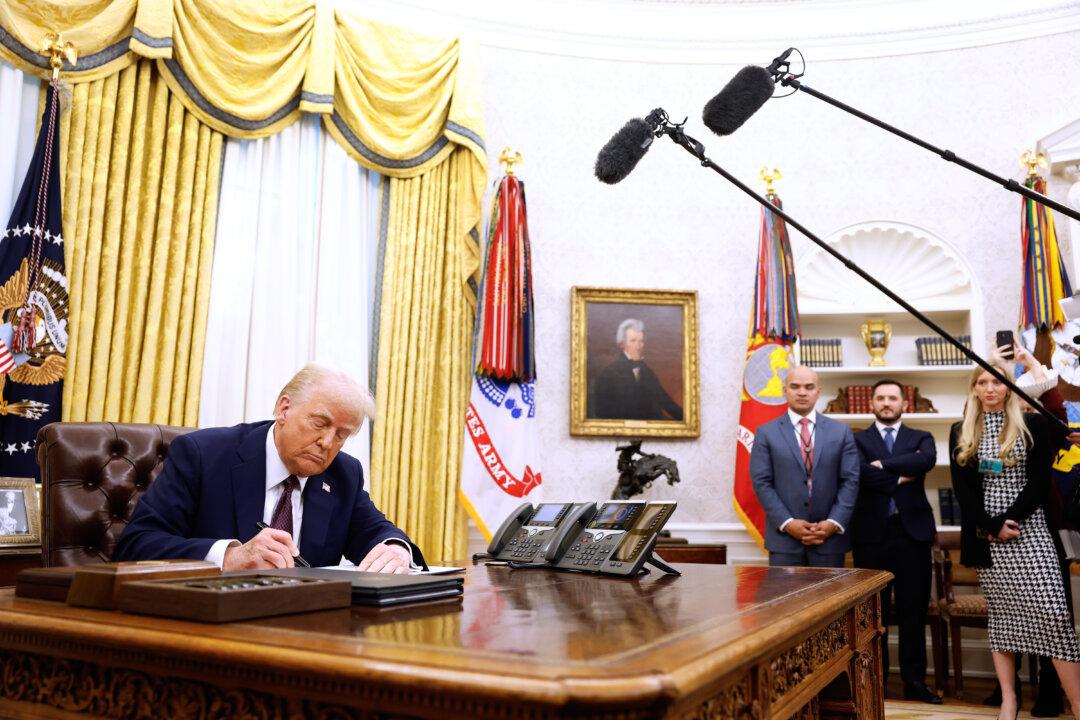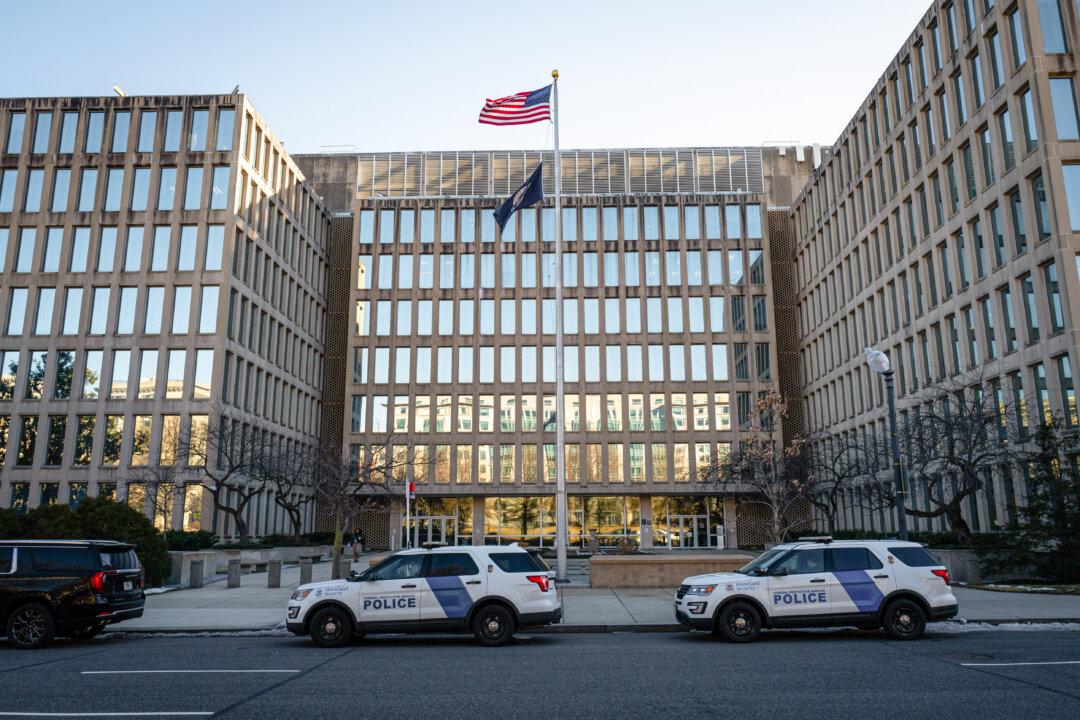President Donald Trump’s first week back in office has been full of executive orders, firings, pardons, and other actions that will likely spur political pushback and legal challenges from opposition groups.
Trump has issued sweeping actions on illegal immigration, deploying the military to the southern border and ordering mass deportations nationwide.





